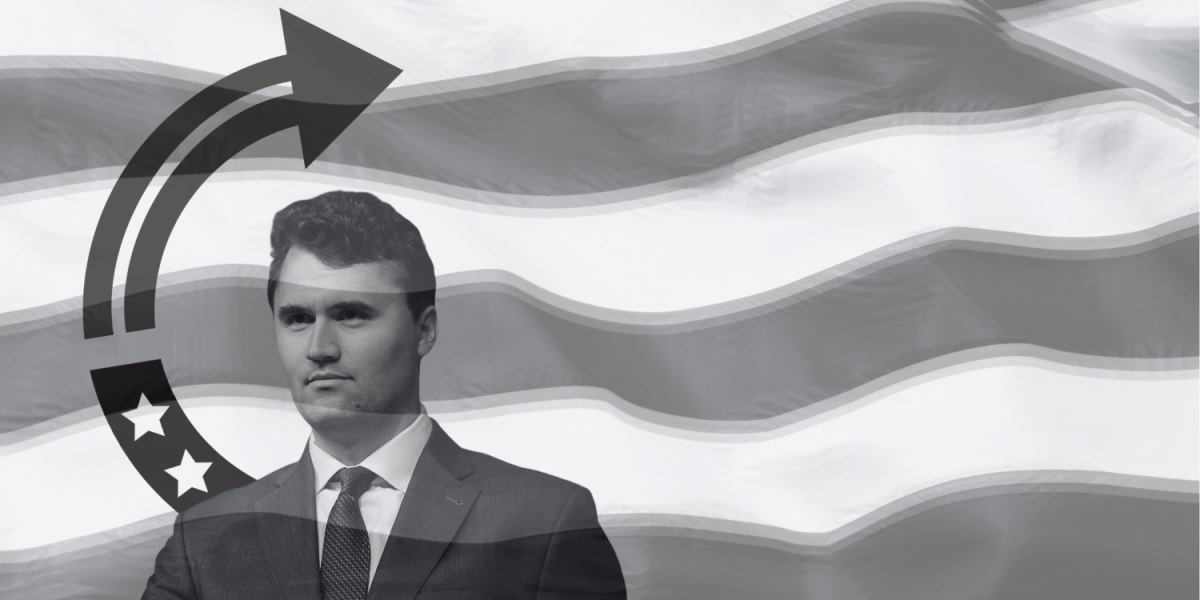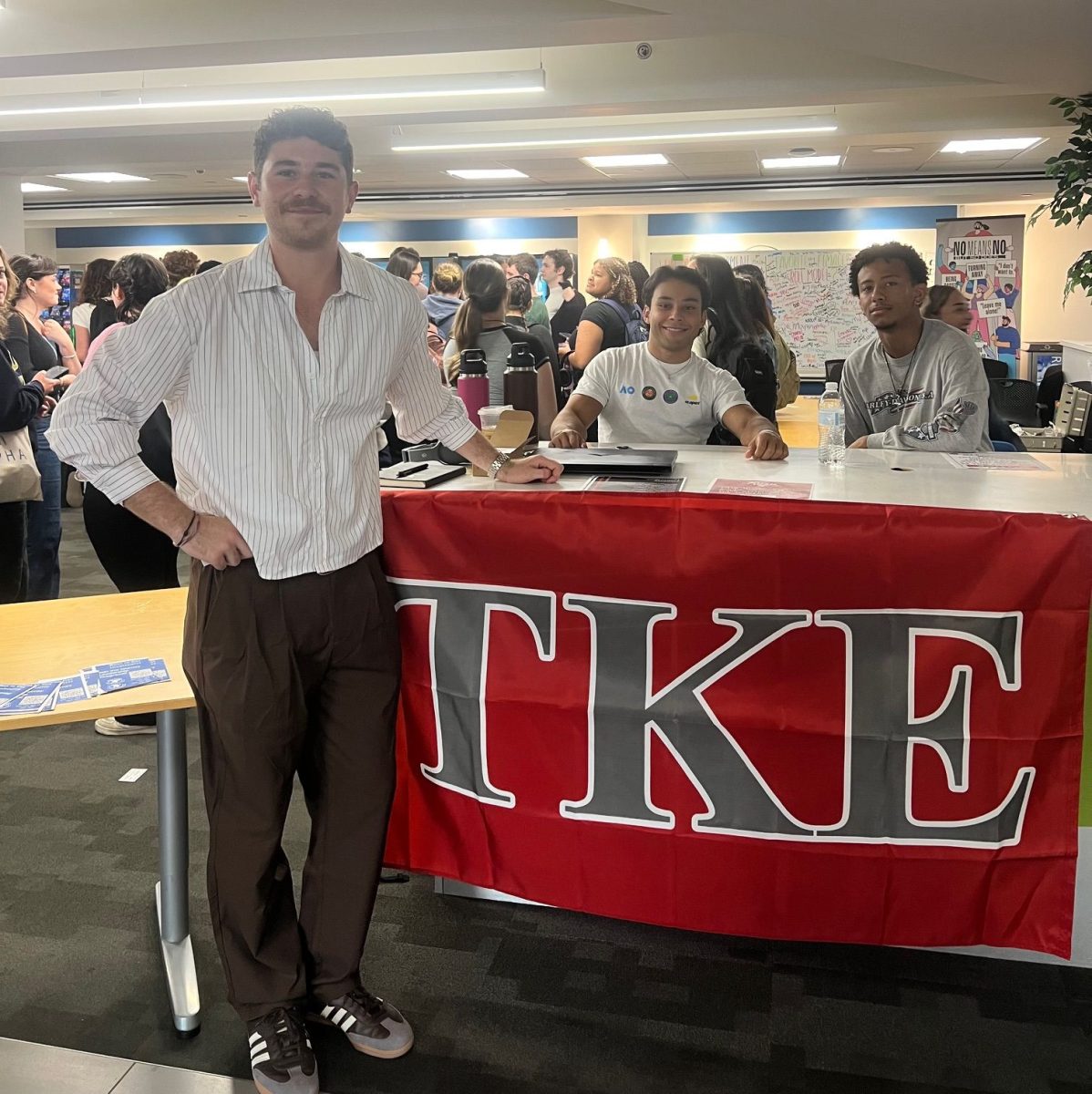As tension between the administration of President Donald Trump and the press continue to rise, many are beginning to ask if there is cause for alarm. Never before has a president been so callous in his criticism of those with whom he disagrees.
Three journalism and law experts spoke at length Thursday about the impactful role the media plays in a world where hiding the truth has become both the status quo and real news has become harder to find. Defending Democracy: Professional Journalism in an Age of Distrust, a panel led in Sargent Hall discussed the media in the current political climate during the administration of President Donald Trump.
“This administration is the hottest thing to happen to my career,” said Sonja West, a professor at University of Georgia School of Law in her opening remarks.
The biggest unknown West sees given the current state of national affairs is a simple one: Do we need to worry? “Yes,” she said, “but probably not as much as you think. Our First Amendment protects our rights to speak robustly.”
West contends that the First Amendment contains two speech clauses, one concerning free speech and the other free press. The press clause, according to West, is the “neglected child,” its existence barely acknowledged by the Supreme Court.
Not all of the panelists downplayed the threat that the post-truth era poses to the free press and democracy.
“Traditional journalism is in trouble, clearly in decline, arguably in crisis,” said Tom Patterson, Bradlee Professor of Government and the Press at Harvard University’s John F. Kennedy School of Government. “That is a threat to our democracy.”
The panel comes as the relationship between Washington and the media sours under Trump, known for his disdain for what he has called the “fake news media.” Trump’s long and strenuous history with the media began during his campaign, and reached a climax in December when he called members of the media “enemies of the American people.”
“It didn’t start with Trump. It started with [former President Richard] Nixon,” said Patterson. “The right has systematically attacked the press’ accuracy and tendency towards fairness.”
This push for distrust of the media stems from a lack of equality in politics. As the media tried to push back against the inequality, politicians feared a loss of power.
“I think that we are in an information war,” said Florence George Graves, the founding director of the Schuster Institute for Investigative Journalism at Brandeis University. “At the heart of it is a fight over democracy. Who gets rights in a democracy?” She said that over the years, the United States has failed to be a true democracy, as oppressed groups have not successfully gained equal standing with their un-oppressed counterparts.
“Now I love white men — I’m married to one — but they’ve been in charge so far,” said Graves.
The panel was part of the Edward I. and Sydell Masterman Speaker Series. Edward, a Suffolk graduate, served as corporation counsel for the City of Boston before going into private practice in the world of eminent domain and real estate law.
“It’s a pleasure to be here, even though I’m no replacement for my father,” said Jim Masterman, son of Edward and Sydell. Edward’s appreciation of the press led to his funding of the speaker series named in his honor. “He read the paper every morning, and still does.”




















